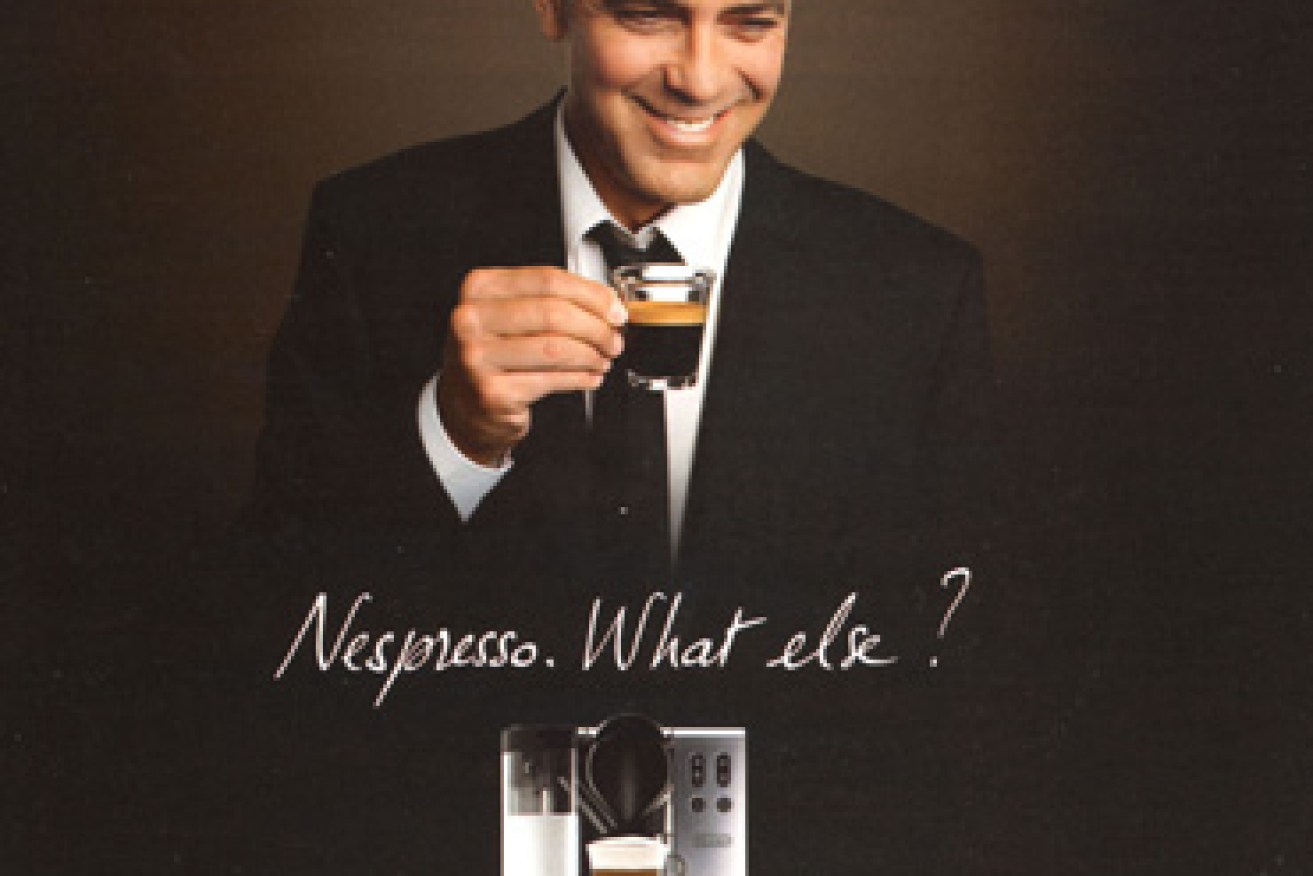‘Cigarette-like’ coffee pods choke planet with junk


The world’s addiction to coffee in a pod, a habit that churns out billions of pieces of plastic and aluminium waste each year, is ‘regrettable’, their creator has finally admitted, after years of lobbying from environmental groups.
Keurig K-Cup inventor John Sylvan, who came up with the lucrative idea to feed his own caffeine addiction, concedes that his brainchild is expensive, addictive “like a cigarette” and something that will “never be recyclable”.
“I feel bad sometimes that I ever did it,” he said in a recent interview with The Atlantic.
• Why you may be taking a risk living near the ocean
• ‘Safe’ daily dose of sugar halved by health experts
• How you’ve been ‘tricked’ by targeted painkillers
Despite this, Australians still seem to be hooked on the craze, with a wide array of local and foreign companies distributing the disposable, single-serve coffee containers. By 2018, our consumption of these pods is expected to double.
University of New England Professor John Rice, who researches the environmental consequences of business practices, agrees that pods are “incredibly inefficient” and “incredibly wasteful”.

Coffee pods have star power, despite environmental concerns.
“It produces a mediocre product that creates a huge burden on the environment,” Prof Rice says. “The whole notion of the product from the ground up is very unsustainable.”
John Dee, founder and managing director of not-for-profit organisation DoSomething!, says the product priorities convenience over the good of the environment.
“A big problem is that coffee pods are a single-use item that use up a lot of energy – once you’ve used it, you throw it away,” Mr Dee says.
“The amount of energy used to make the aluminium for the pods is significant, and unfortunately the recycling infrastructure is just not in place to handle them because they’re too small.”
One of the worst environmental offenders, according to Mr Dee, is the boutique coffee pod giant Nespresso, which pays for celebrity endorsements from the likes of Hollywood actor George Clooney.
The global coffee giant has sold over 28 billion pods worldwide, roughly equivalent to 28 million kilograms of aluminium, consumer group CHOICE estimates.
Nespresso has responded to criticisms by launching a counter-campaign claiming that it collects 75 per cent of used pods worldwide.
Environment Institute of Australian and New Zealand researcher Marc Salmon says he is “skeptical” of this claim.
“I’m not convinced that any company has a collection rate of 75 per cent in any product category,” Mr Salmon says.
“Even programs that offer money for the return of glass bottles or aluminium cans do not have a recovery rate that high.”
While our desire for the pods seems only to grow, Professor John Rice hopes the “fad” will eventually die out.
“In five or 10 years’ time people will look back on it as something that had its time in the sun and has now become a thing of the past. I think I’ll be very happy when that occurs.”
“It is also, clearly, not a very good way to serve coffee.”








